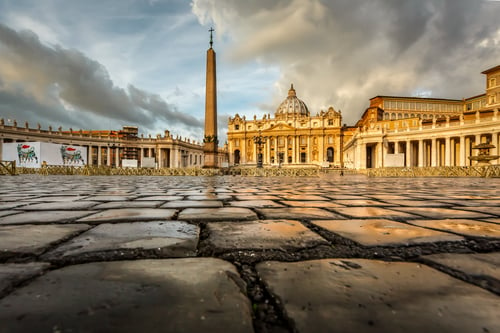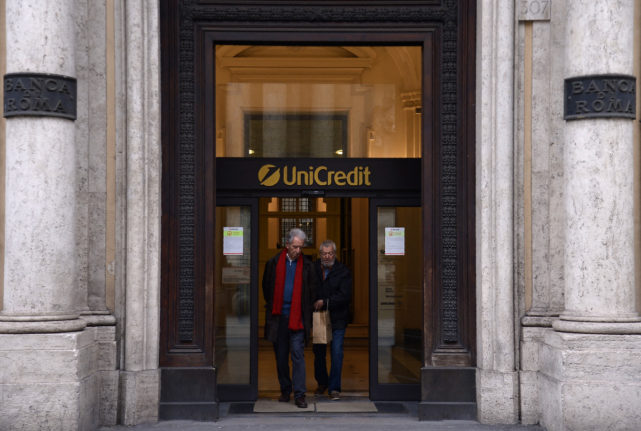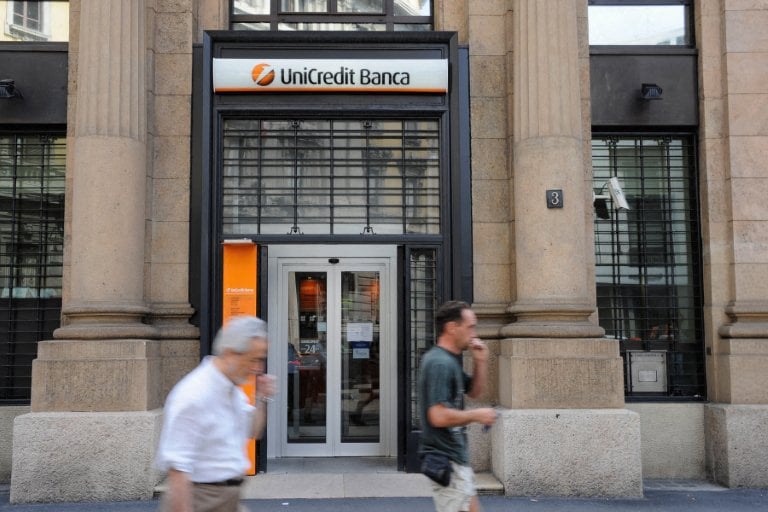“This morning activities were carried out to acquire documents and electronic devices from certain offices of the First Section of the Secretariat of State and the State Financial Information Authority,” a Vatican statement read.
The Vatican said the operation, authorised by prosecutor Gian Piero Milano and his deputy Alessandro Diddi, was “linked to the complaints presented at the beginning of last summer by the Institute for Works of Religion and the Office of the General Auditor, regarding financial transactions carried out over time.”
It said the heads of the departments involved had been informed ahead of the raid but gave no further details regarding the raid and the material found.
The Secretariat of State is the Catholic Church's governing body and most powerful office, which works closely with Pope Francis.
The Financial Information Authority (FIA) is an anti-money laundering authority designed to lend transparency to operations by the Institute of Religious Works (IOR),which acts as the Vatican Bank.
The IOR handles the accounts of Vatican employees as well as clerics, religious congregations and diplomats affiliated with the Holy See.
The institution has become embroiled in political and financial scandals repeatedly over the past few decades.
Two former heads of the IOR were handed prison terms in 2017 over “dubious transactions”, while an Italian businessman was last year found guilty of money laundering by a Vatican court
Last year, a former head of the Vatican bank also faced trial over money laundering and embezzlement connected with property deals. The trial is ongoing, and it is not known if yesterday's raid was connected to the case.
Such scandals prompted Vatican officials to pledge to clean up the bank, and some 5,000 bank accounts have been closed in recent years, first under Pope Benedict XVI and then under the current pontiff Pope Francis.
READ ALSO:
- Vatican corruption trial: Charity directors 'revamped cardinal's flat'
- Former Vatican bank bosses must pay compensation for losses after 'mismanagement'




 Please whitelist us to continue reading.
Please whitelist us to continue reading.
Member comments